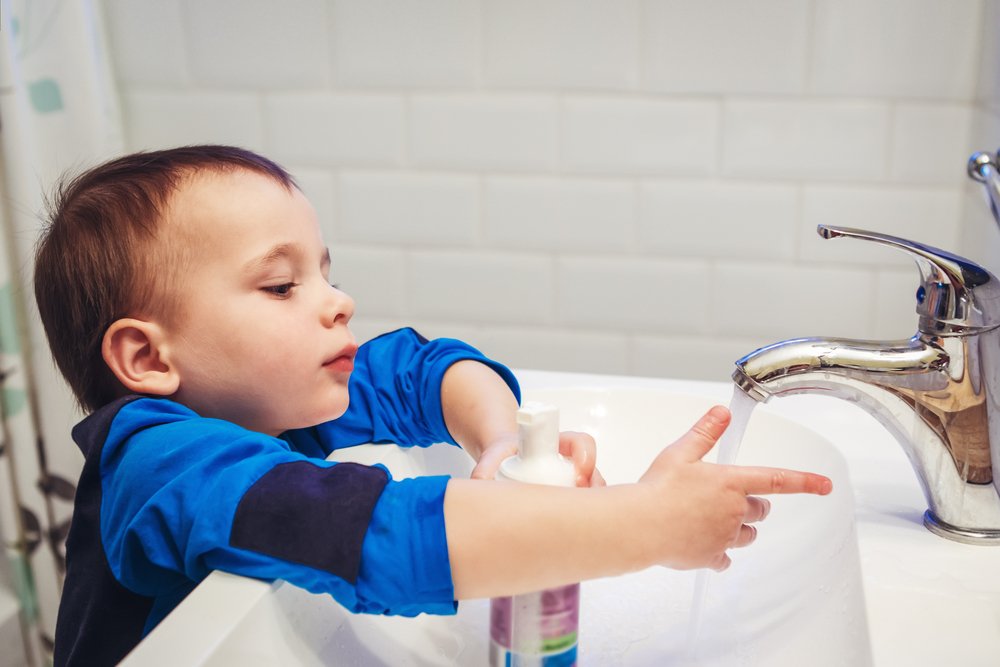Key points:
- During the second year of a child’s life, their fine motor skills are still developing and new activities can be introduced to support hand coordination.
- Children will develop the ability to grasp, reach, release, and rotate their wrists during this time.
- Activities such as rolling play dough, tearing newspaper, and clapping games can support fine motor skill development.
- Supporting a child’s fine motor skills can also contribute to the development of independence, self-care, and problem-solving skills.
You have been working hard with your little one and now we need to step up! Their fine motor skills still have a long way to go, and, as they keep gaining more and more control over their small muscles, we will keep proposing new activities to help the acquisition and refining of hand coordination.
What can you expect?
During the second year of their life, your little one will most likely be able to do some of the following:
- Grasping: Taking objects into their hands, for example holding a crayon with their fist.
- Reaching: Hands and arms start working together so they are able to reach for objects and pick them up from the floor. You might be able to observe that they continue to alternate hands; at this moment, the dominant hand is still emerging.
- Releasing: Usually preceded by grasping or reaching, your little one might be able to let go of the objects they picked up. This action can be seen when playing with building blocks or grasping and releasing scissors. You might notice the release has not been refined. This skill will keep developing at least for one more year, but practicing the movement helps strengthen the muscles they will use later on when releasing objects, or even when writing.
- Rotating his wrist: Moving their hands in circular motions strengthens small muscles that are the foundation for future writing skills.
How can you support their hand coordination development?
- Mold and roll play dough into balls.
- Tear newspaper into strips, this can be very fun for them!
- Squeeze water from a sponge and move it from one recipient to another. Maybe you can compete and see who does it faster.
- Roll small balls out of tissue paper and find something fun to do with them. Play basketball or paste them in a paper forming a shape.
- Sing songs with hand movements or gestures. Have them sing along and repeat what you do with your hands. This will not only foster their hand coordination but their imitation abilities as well!
- Play clapping games. You can clap twice and have them repeat the pattern. Playing with different sequence games is a great way to foster problem solving skills.
- Scribbling. Model writing in front of them. Give them crayons and have them sit next to you so they can imitate your “writing” movements while scribbling.
- Bake a cake together. Have them whip the ingredients, and scoop some of them in. Both of these movements contribute to the development of fine motor skills.
- Let them wash their hands while you stand beside them in case they need help. This is something you can practice a few times a day that will also foster their self-care and independence skills.
- Have them dress themselves as much as possible and support them when necessary. Even though they might have a hard time at the beginning, little by little you’ll see how they become more skilled every day!
You probably will witness some new accomplishments like turning door knobs and book pages during this stage. Their newfound interest in building blocks can be a great activity to foster the underlaying abilities that will help them manipulate objects with precise and controlled movements.
Remember that the actions you take to support them in the accomplishment of their fine motor skills can contribute to the development of independence, self-care, and problem-solving skills as well. Take advantage of this great opportunity and continue fostering your little one’s development!








